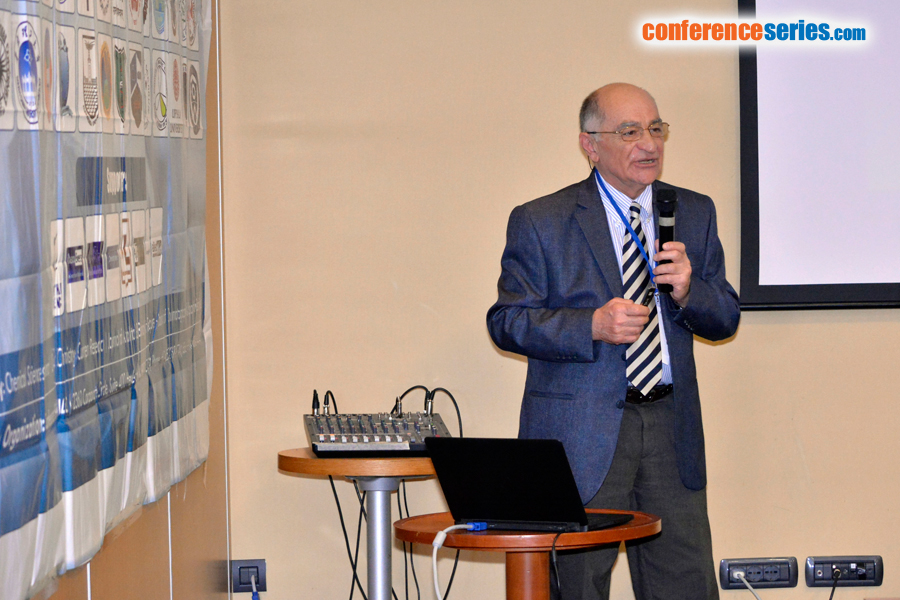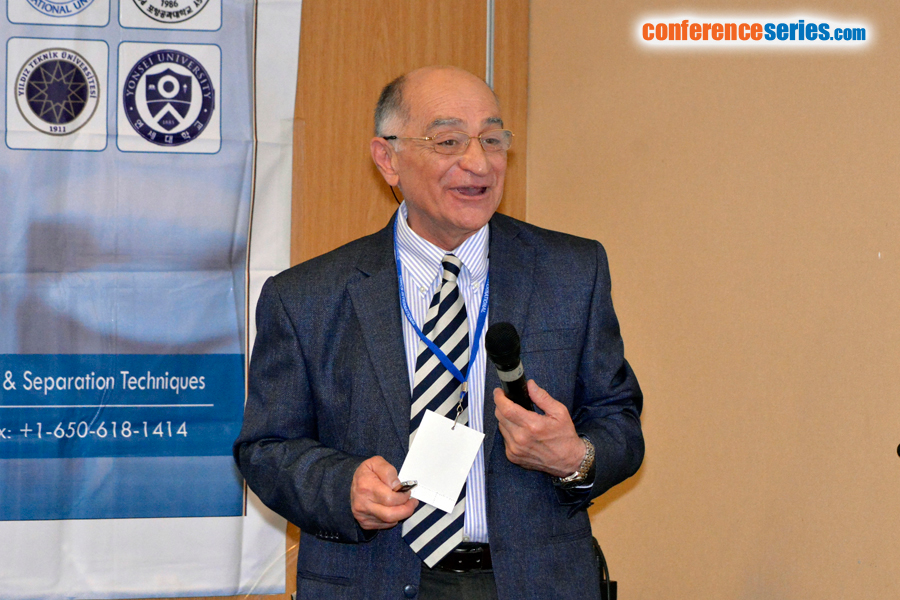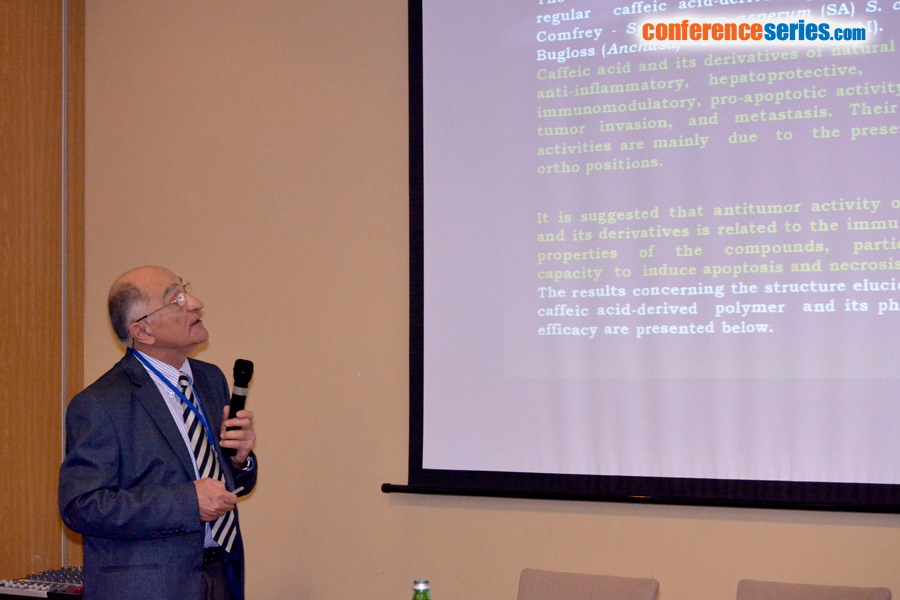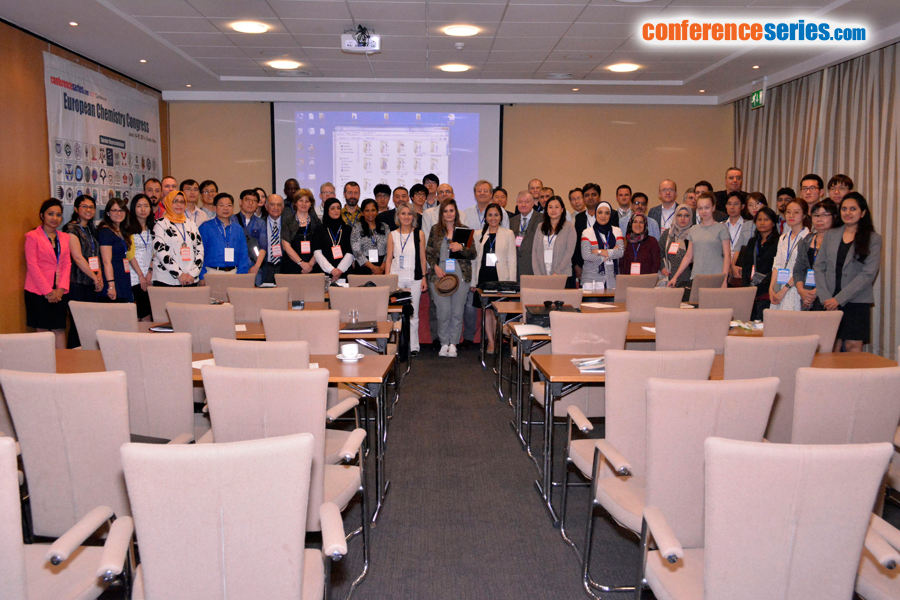
Vakhtang Barbakadze
Tbilisi State Medical University, Georgia
Title: Biomacromolecule poly[3-(3,4-dihydroxyphenyl)glyceric acid] with potential therapeutic effect
Biography
Biography: Vakhtang Barbakadze
Abstract
The high molecular (>1000 kDa) water-soluble preparations from different species (Symphytum asperum, S. caucasicum, S. officinale, S. grandiflorum and Anchusa italica) of Boraginaceae family were isolated. According to 13C, 1H NMR, 2D heteronuclear 1H/13C SQC spectral data and 1D NOE experiments their main chemical constituent was found to be poly[oxy-1-carboxy-2-(3,4-dihydroxyphenyl)ethylene] or poly[3-(3,4-dihydroxyphenyl)glyceric acid] (p-DGA). The polyoxyethylene chain is the backbone of this polymer molecule and 3,4-dihydroxyphenyl and carboxyl groups are regular substituents at two carbon atoms in the chain. The repeating unit of this regular polymer is 3-(3,4-dihydroxyphenyl)glyceric acid residue. This compound is a first representative of a new class of natural polyethers. Then the racemic monomer 2,3-dihydroxy-3-(3,4-dihydroxyphenyl)propionic acid (DDPPA) and its virtually pure enantiomers (+)-(2R,3S)-2,3-dihydroxy-3-(3,4-dihydroxyphenyl)propionic acid and 2S,3R)-2,3-dihydroxy-3-(3,4-dihydroxyphenyl)propionic acid were synthesized for the first time via Sharpless asymmetric dihydroxylation of trans-caffeic acid derivatives using an osmium catalyst, a stoichiometric oxidant N-methylmorpholine-N-oxide and enantiocomplementary catalysts cinchona alkaloid derivatives (DHQ)2-PHAL and (DHQD)2-PHA as chiral auxiliaries. p-DGA has wide spectrum of biological activity: anticomplementary, antioxidant, anti-inflammatory properties, burn and wound healing effect. p-DGA and DDPPA exerted anti-cancer efficacy in vitro and in vivo against androgen-dependent and –independent human prostate cancer (PCA) cells via targeting androgen receptor, cell cycle arrest and apoptosis without any toxicity, together with a strong decrease in prostate specific antigen level in plasma. However, our results showed that anticancer efficacy of p-DGA is more effective compared to its synthetic monomer. Overall, this study identifies p-DGA as a potent agent against PCA without any toxicity, and supports its clinical application.





